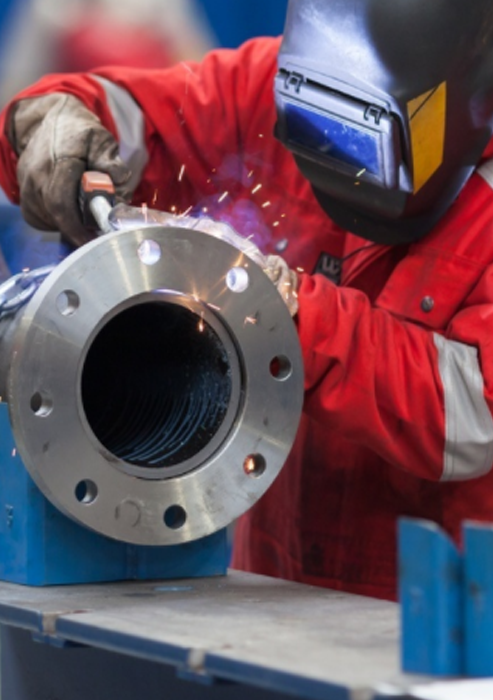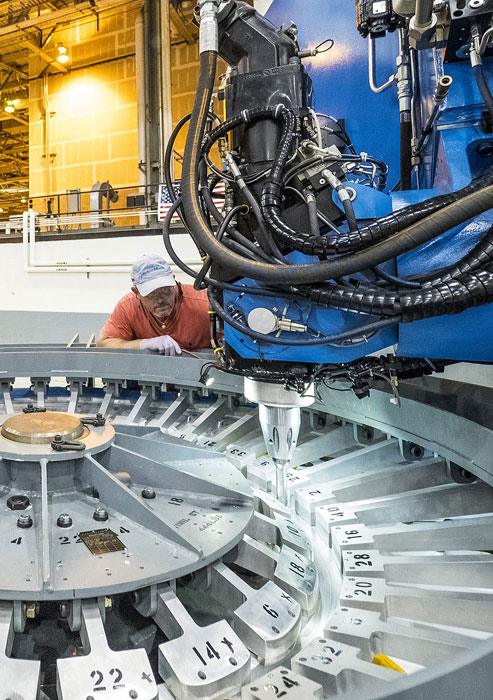Objectives
The idea for this project arises from the fact that there is a lack of training materials and qualified personnel for the Friction Stir Welding (FSW) technology. FSW technologies have a worldwide diffusion in several industrial sectors (rail, shipbuilding, automotive, aeronautics). For high-value applications, where high-performance joint properties are required, FSW has been widely adopted in aluminium fabrication. That is evidenced by the aerospace sector, where higher strength grades of aluminium alloy allow for significant weight savings to be achieved. By 2010-2020, North America and Europe expect to raise their aluminium consumption by 61% (approximately 8m tonnes / 6year extra). This increased consumption has also been reflected in the aluminium welding equipment market, which accounted for over €800 million in 2009, with a significant portion of it being the innovative FSW equipment. (Freas, 2011).
In the past, only 78 organisations around the world held licenses for FSW use. However, licenses are no longer needed, leading to exponential growth of its use by other sectors. For example, FSW has increasingly been applied by steel companies for metal cutting, metal forming and polymer processing, allowing significant cost savings when constructing large structures.
According to SME Associations Research (Flexifab project,2013), the industrial need of European metal workers is related to 3 main factors: welders stop working before retirement age; skills shortage (there is a shortfall of 150,000 welders in Europe); and, issues related to welding aluminum structures (due to skills shortage, weld defects are more prone to occur).
Attending to the growth in FSW use and the evident need for qualified metal personnel in Europe, VET Providers will have to carry on fostering lifelong learning through FSW continuous training. Hence, Welding education and training for technicians, practitioners and welders must include FSW learning modules in their basic programmes. New contents and activities must also be developed, to ensure the updating of skills in the industry.
Currently, at the national level, the baseline situation for VET qualifications for FSW personnel is limited and dispersed. The offer concerns short courses, lasting one or two days and reaching a minority of trainees. Also, it is estimated that at least 20% of the 20.000 professionals which per year attend EWF Courses/Qualification for Welding Personnel, will need upgrading on aluminium. In this context, the FSW-TECH project is now created.


